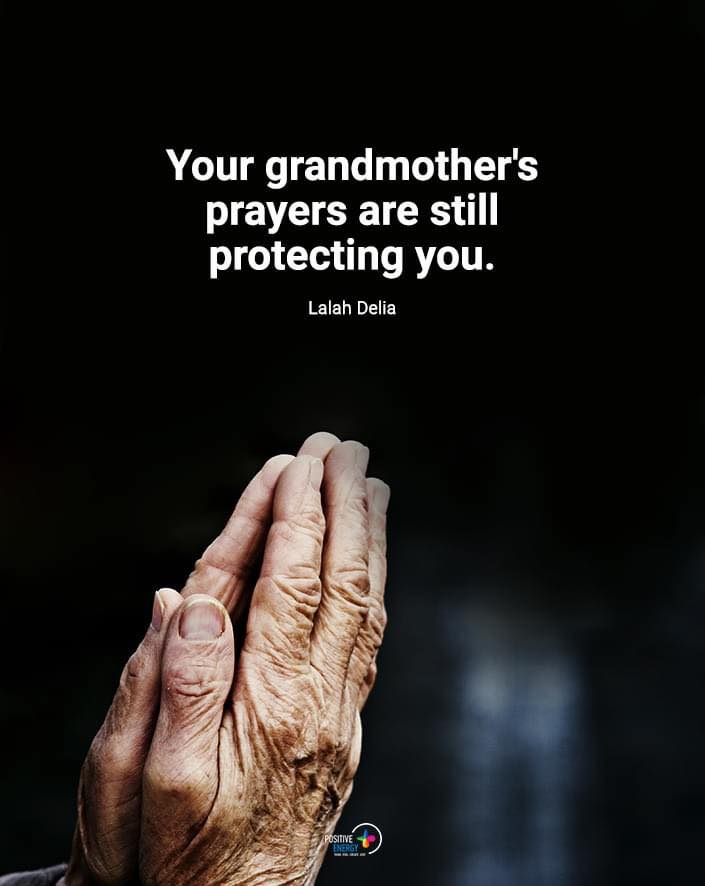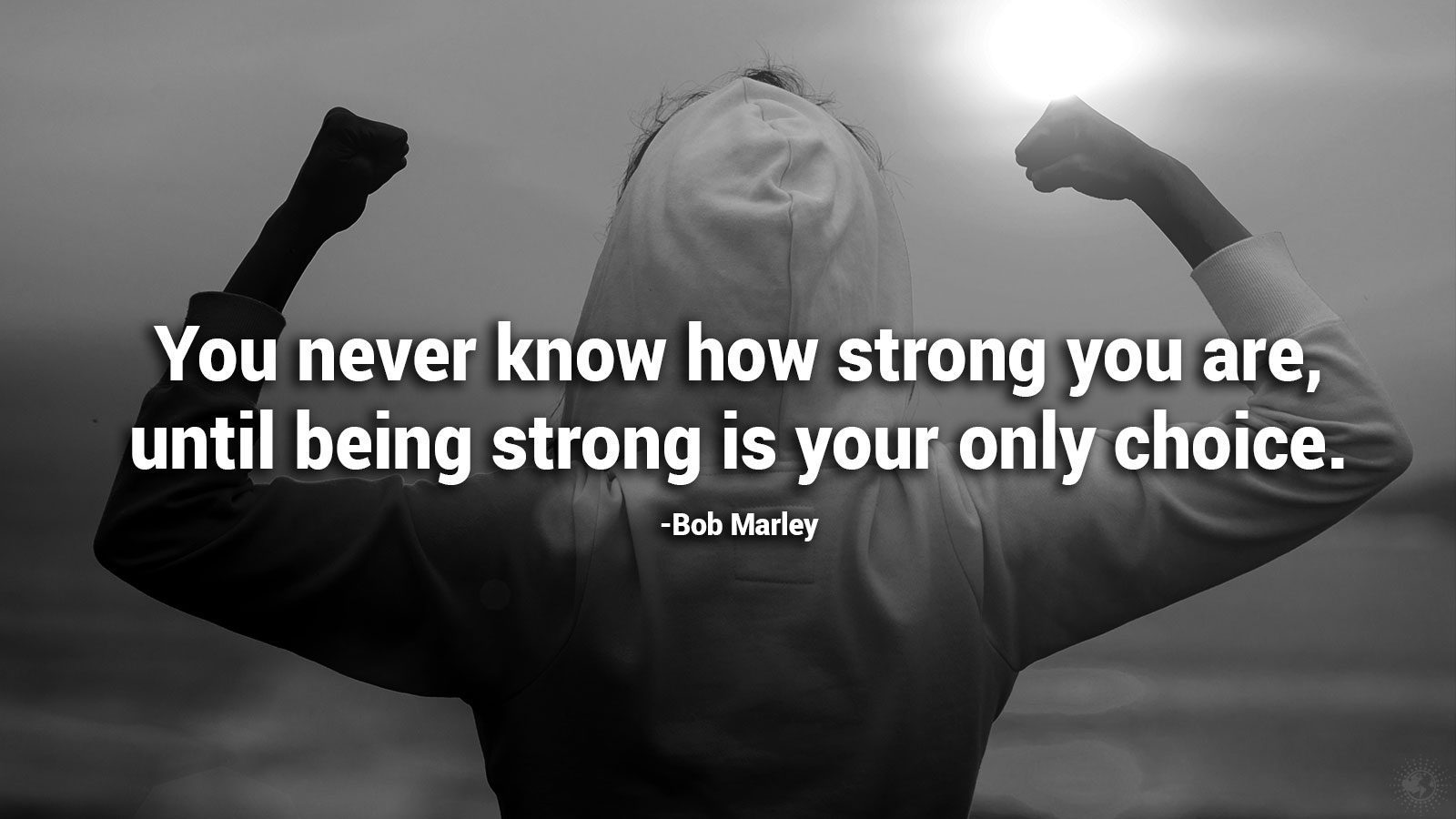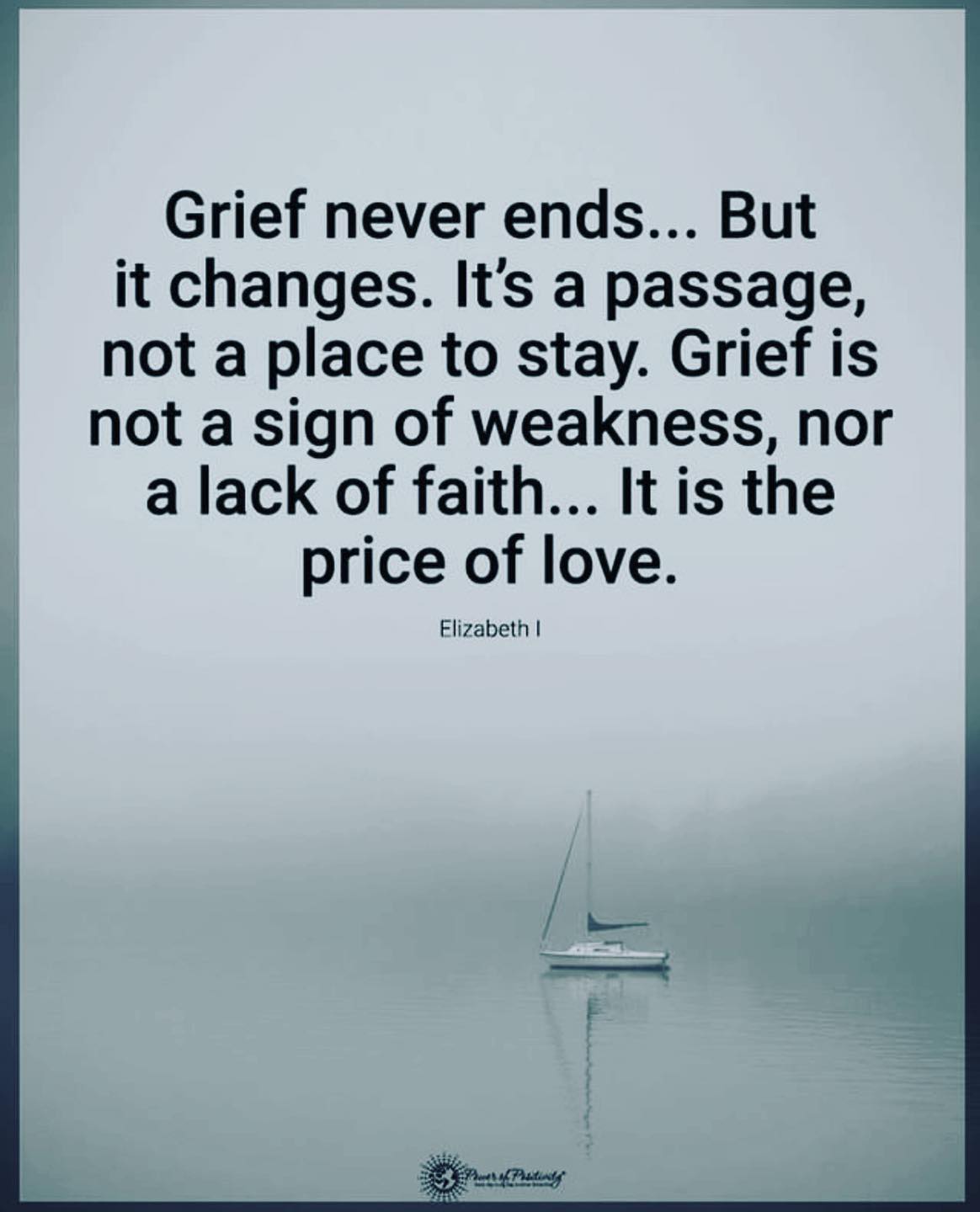Anyone who’s experienced grief can attest it is one of the hardest things anyone can endure – whether expecting the loss or not. Some describe it as an incredibly dynamic assemblage of feelings where the bereaved face a wide range of emotions rather than just one. Depending on the circumstances and relationship, some people will feel sad, happy, nostalgic, angry, and even peaceful. It can be a significant hodgepodge. There is no one right way to grieve. Everyone will feel differently since the person’s relationship with the deceased is personal and unique.
Even though it is not something necessarily meticulously thought about, when people encounter grief, they change and develop a degree of cathartic self-knowledge when someone passes away. Their death gives them an unfortunate revelation to reflect on the relationship, how it will change, and how the bereaved will move forward. It is an arduous, lifelong process, but here are some life lessons that you can learn from grief.
Life Lessons We Learn From Our Grief
1 – Appreciate Every Day You Have
When someone passes away, we enter a new reality without that person. It causes us to think deeply about what life is. Even though the phrase “life is short” is somewhat a cliche at this point, it is entirely accurate. People can easily take life for granted as it just passes them day by day. It is easy to do because we become swamped with other aspects of our life. When someone you are close with passes away, you learn how your life changes without them. You now must live your life without them. You experience constant reminders of what they brought you. Especially for those who’ve lost someone unexpectedly, life is not guaranteed tomorrow. Living life to the fullest is a critical philosophy and lesson learned from grief because it is entirely possible to lose someone instantly.
2 – Grief Proves How Change is Inevitable
The recent pandemic taught us to embrace uncertainty. From the unrelenting conditions people have had to live in, the number of people who have passed away, and the tension of a long-lived medical pandemic.
In general, throughout life, it is entirely normal to change. People often fear the process of change, but it is something that we must all embrace. How can the world progress if we don’t constantly challenge ourselves and each other? It is irrational to fear the unknown because it is inevitable. It is impossible to avoid change. The same goes for when someone passes away.
You may never be the same person again, and that is okay. You are now on a different wavelength. There is no reason to add the weight of the pressure of expecting yourself to stay the same. You may reach a stillness, a prolonged pause. Your perspective of life and death may significantly shift too. You may ponder the meaning of life and why death happens. Embrace your new self.
3 – Love the Ones Around You
The loss leaves a massive void in our hearts when someone passes away. The person who substantially shaped our identity is gone, so it will feel like a piece of our identity is missing. While we may never fill that void again, their death reminds us how important love is. For the people around you, take the time to love them because you never know when you won’t have them anymore. This doesn’t mean you won’t have difficult times with them moving forward but try to be more forgiving and loving. It can be incredibly hard, but as the first lesson, life is too short to focus on things that don’t matter in the long run.
We will all experience grief in our lives, and there are countless lessons that we can take away from this overwhelming process. These are essential lessons to think about before it happens, but they will be different for everyone.
4 – Grief Teaches Us That Vulnerability is Strength
When someone passes away, you learn a great deal about yourself. You might even surprise yourself with how emotionally resilient you are. You need to give yourself the space to experience everything for your healing. Don’t let anyone tell you how to process your emotions. Several societal and cultural messages have instilled in us to dismiss or ignore these emotions. Vulnerability has been seen for the longest time as a weakness, but it is a strength that allows us to heal, love, and support others.
Ignoring our emotions will leave us fragmented and can even further traumatize us. Strong feelings have been viewed as problematic, but truthfully, emotions contain such a rich value. It is difficult to express your feelings in public openly, but grief and mourning allow you to do so without repercussions. This should apply to every aspect of our lives. Vulnerability is valuable, and it makes us stronger and closer to the ones we care about. Appreciate your feelings, express them, and give other people the space to be vulnerable.
5 – Life is a Process
As mentioned in the beginning, we may feel grief in different waves. You never really know when those feelings will hit you. This cycle is very similar to how life works. This teaches us life is a process, and we should strive to appreciate the moments it brings. Life would be easier if we had control of everything. It will never be on a linear path. Things are constantly changing. For the well-being of people, it is helpful to accept the things we cannot change and act on what we can control, like the love we can share with the world.
It would be much easier if things were planned and determined, but we don’t have that luxury. The passing of someone shows that life is a process. Life is about experiencing the “moments of happiness” because those positive moments matter. Don’t focus on always trying to be okay and happy. Take it one day at a time. You will achieve more inner peace when you give yourself time and break away from those expectations.
Final Thoughts: Connecting Grief to Life Lessons
Everything connects because each lesson seamlessly overlaps with one another. Concluding, grief is very complex and hard to fully grasp until you have experienced it with someone you were close to. Unfortunately, it is something we will each face in our lives, and there are countless life lessons that we can learn from this overwhelming process. Everyone will learn something different, and these are essential lessons to think about before it happens.

















 Community
Community

